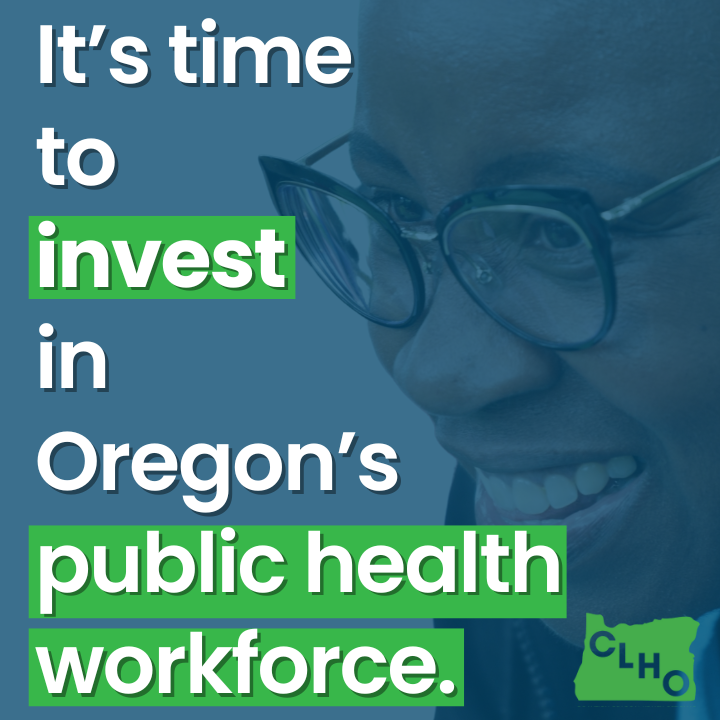For 10 years, Mel Rader, executive director of Upstream Public Health, didn’t have access to health insurance – and he was sick for more than three of those years. His experience convinces him it’s a “moral imperative to provide health insurance for those who cannot afford it.”
With the outcome of the presidential election, some HealthShare patients are scrambling to schedule appointments out of fear their coverage will end once Trump takes office, said CEO Janet Meyer.
But neither panelist who appeared at the Portland City Club believes Trump or Congress is willing to pay the political price of dismantling Obamacare, which provides insurance to 20 million Americans and has driven the uninsured rate to the lowest level in the nation’s history.
Meyer got a round of applause for suggesting rebranding what’s known as Obamacare. “Call it something else so we can work on” fixing its shortcomings, she said.
Rader foresees a shift from federal funding to giving states block grants to fund Medicaid, and pointed out that Oregon’s costs have flattened since the creation of metrics in key areas while pharmaceutical costs have risen 10-13 percent because of the lack of price controls.
Rader also suggested provider reimbursement rates are too low, and said access problems could be resolved by creating an across the board reimbursement system for all health insurance.
Meanwhile, Meyer offered reassurance about potential cuts in benefits to transgender people, opioid addiction and mental health, saying the Legislature will keep those benefits intact.
“Pharma has done very well under the ACA. It’s been good for the hospitals to have fewer uninsured,” she said.
Currently, 25 percent of Oregon’s population falls under the Oregon Health Plan.
Jan can be reached at [email protected]

